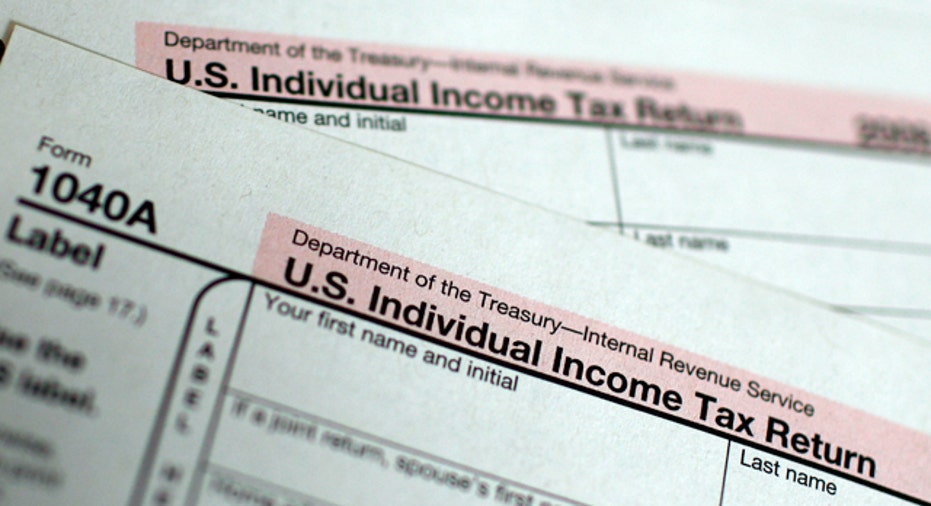Tax Relocation is a Myth

Texas Gov. Rick Perry has been spending a lot of time in California of late. No, he's not learning to surf or taking star tours of Hollywood.
He's trying to convince Golden State residents to move east, or at least 1,500 or so miles east. And Perry thinks one of the biggest attractions for such a major undertaking is Texas' lack of an individual income tax.
Perry even issued an invitation via social media to one rich Californian -- professional golfer Phil Mickelson. The Masters champion earlier this year cited high taxes as a reason for reassessing his California residency.
"Hey, Phil, Texas is home to liberty and low taxes. We would love to have you as well," Perry wrote on his Twitter account.
But will Mickelson and his multimillionaire pals really load up the moving vans and head halfway across the country just for a lower tax bill?
Studies seem to say no.
It may come as a shock to hardcore anti-tax advocates, but a state's tax rate isn't the biggest mobility motivator. Sure, we'd all like to make and keep more of our money, but people move for lots of nontax reasons.
They want to live in a more moderate climate. They want more affordable housing. They want safer neighborhoods. They want to live nearer family. They got an out-of-state job.
But taxes really don't spur folks to call a moving company.
A 2011 study by the Washington, D.C.-based Center on Budget and Policy Priorities concluded that, "The effects of tax increases on migration are, at most, small -- so small that states that raise income taxes on the most affluent households can be assured of a substantial net gain in revenue."
Jon Shure, director of state fiscal studies at the center and one of the authors of the study, recently told The New York Times that tax flight from high rates "is almost entirely bogus. It's a myth. The anecdotal coverage makes it seem like people are leaving in droves because of high taxes. They're not. There are a lot of low-tax states, and you don't see millionaires flocking there."
The cost of low taxes
In fact, according the Center's analysis, low taxes can backfire.
Without enough revenue, amenities such as high-quality public services that potential new residents value suffer.
"Therefore, while low taxes decrease the cost of living, they might also prevent states from preserving or improving valued public services, which would discourage potential migrants," according to the study.
So while Texas might get a few more affluent folks from California, which recently agreed to higher taxes on the rich, many more will likely stay put. Oh, they'll grumble like Mickelson. But they like plenty of other things out there on the left coast and they'll stay.
Personally, I've lived in Texas and Florida, two presumed tax haven states because they have no income tax. I also spent almost two decades in Maryland, a state that is regularly cited by anti-tax groups as egregiously overtaxed.
I didn't feel any poorer as a Marylander or noticeably richer as a Floridian or back here in my native Lone Star State. And taxes didn't play a part in any of my relocations.
Have you ever moved primarily to reduce you state tax bill? If so, how did that work out for you?



















